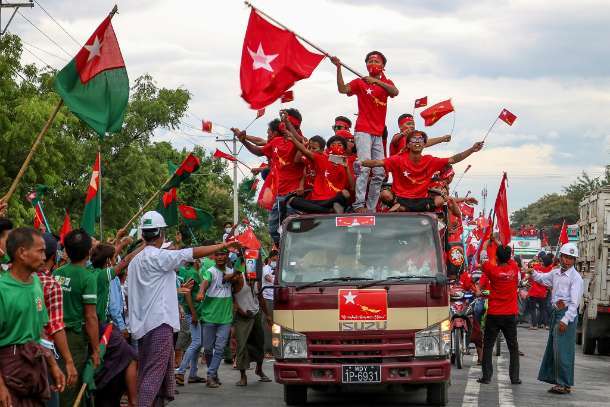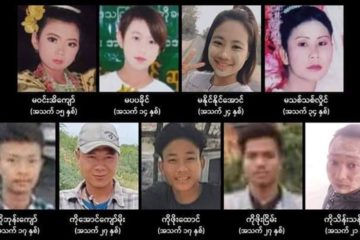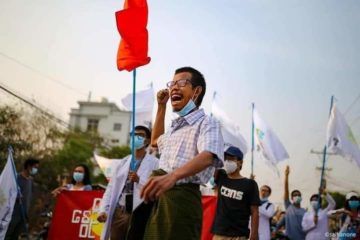
The military-appointed Union Elections Commission (UEC) is set to meet with political parties next month to discuss the switch to a new proportional electoral system.
The proposal is not new: in various occasion, before and after the coup, the generals have voiced their discontent about the current system, which, ironically, was set by the military regime itself.
Myanmar has a First-Past-the-Post system (FPTP), informally known as “Winner takes all” system. Under FPTP, the candidates who win the majority of votes are elected member of the Parliament.
The peculiarity of the Burmese system, is that under the military-drafted 2008 Constitution, the Tatmadaw (the Burmese army), reserved 25% of the seats for itself. This quota is fixed and virtually untouchable. Therefore only 75% of the seats are assigned through democratic elections.
At that time the regime believed that its proxy political party, the Union Solidarity and Development Party [USDP], could easily win at least 25% of the “democratic seats”, which would allow the generals to form a government counting on the fixed quota it already holds.
But during the past 2 elections, the opposing National League for Democracy (NLD), did incredibly well, clinching landslide wins in both occasions. In 2008 the regime underestimated how unpopular the army is among the civilian population. (The same mistake was repeated in 2021, when the regime surely underestimated how unpopular it is and how strongly the public would react to the coup). The FPTP system certainly rewards the most popular party.
Many believe that besides the personal ambitions of General Min Aung Hlaing, one of the reasons for the February 2021 coup d’etat, is to “change the rules of the game”. After two embarrassing losses, the Tatmadaw understood that under the FPTP system, the USDP (and other small pro-military parties) could not win the necessary seats needed to form a military government. The Tatmadaw believes that a Proportional Representation (PR), would help reach its objectives. Under a PR system, in fact, parties receive seats proportional to the votes they received during the elections.
The NLD obviously rejected this proposal in the past, while many ethnic parties believe Myanmar is not ready for it, at least until the military renounces to its fixed 25% quota.
The regime is like a spoiled bully. It wants to have political power (along the economical one), and it wants others to consider it “legitimate”. Therefore it now needs to rig a game that was already rigged. Switching to a PR system and annihilating its opponents (especially the NLD), would allow the Tatmadaw to win at least 25% in the next elections and finally present itself as the legitimate government of Myanmar.
But does all of this really matter? The real point is that the Tatmadaw would do anything to retain its power, including staging a military coup and killing thousands of innocent civilians.
The regime must fall



0 Comments